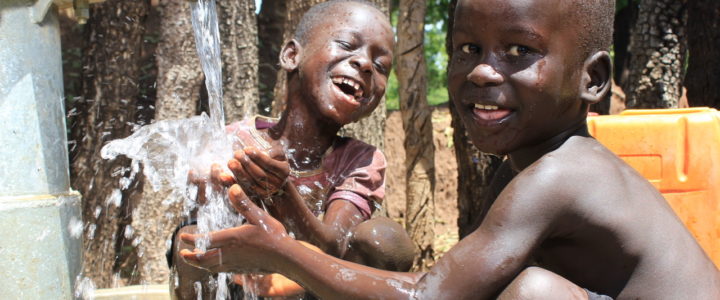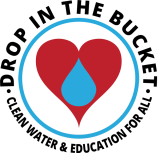16-Year-Old Wins Landmark Victory Against Child Marriage in South Sudan
A 16-year-old girl just won a historic court case against her cattle-farmer father, her uncle and the older man they attempted to marry her off to, for a “bride price” of sixty cows.
Drop in the Bucket’s Work Highlighted On Impakter
Impakter blog about Drop in the Bucket’s work in Uganda. It covers a brief overview of the history of Uganda, the origins and history of Drop in the Bucket and talks about some of our programs, like our village savings groups and our work in menstrual hygiene management
World Refugee Day 2019
Today is World Refugee Day, and a good day to reflect on the work we did last year at the Palabek Refugee Settlement in Uganda.
Menstrual Hygiene Day 2019
Today is Menstrual Hygiene Day. Discussions about menstruation have long been taboo. But the world is changing. Since 2015, DROP has been implementing projects that train students about Menstrual Hygiene Management
Check Us Out On Instagram
Several months later we surprised him by loaning him a camera and suggested he start capturing life in Kitgum. DROP had set up an Instagram page, but didn’t just want to post photos of our work. We also wanted to show a little bit about daily life in Uganda.
Overcoming Adversity – John Graduates From Kampala University
John was born in South Sudan, but the fighting forced him to leave and he ended up spending a large part of his childhood in the Kukuma Refugee Camp, where his family still live. Today he graduated from a two-year agriculture program at Kampala University and is on his way to a career in farming.
World Refugee Day 2018

World Refugee Day 2018. Drop in the Bucket president, John Travis, spent the day in Palabek Refugee Settlement in northern Uganda.
Charity Effort by Norwalk High Helps Out School Children in Uganda
students from Norwalk High with teacher Dean Gray at the schools annual Giving Charity to Charities event.
January Newsletter
Drop in the Bucket January 2018 monthly newsletter.
Check out our gift donation e-card
The Drop in the Bucket holiday ecard
